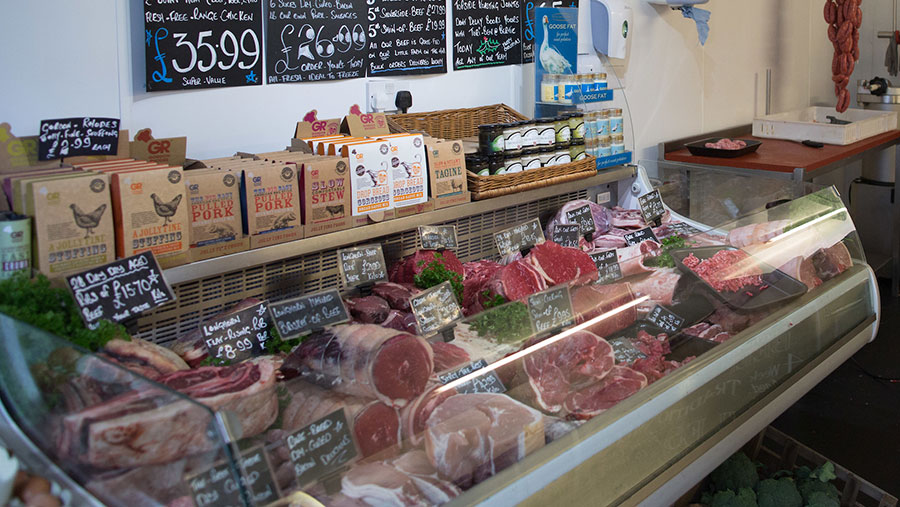Action needed to avert rural business rates crisis – CLA
 © Tim Scrivener
© Tim Scrivener Swift action is needed to save thousands of rural businesses facing a massive hike in business rates from April, according to the Country Land and Business Association (CLA).
The rise follows a revaluation and changes to the appeals system, threatening the future of enterprises from farm diversifications to livestock marts.
For example, Valuations Office Agency (VOA) figures show livestock markets in England face an average increase of 86% in rateable values.
Other rural businesses looking at steep increases in rates include farm shops (up 35.6% on average), agricultural showgrounds (+25%), theme parks (+28.9%), tourist attractions (+38.2%) and self-catering holiday homes (+44.9%).
The increases result from a flawed rates system in urgent need of review, says the CLA, which is calling for action in the forthcoming Budget (8 March) and has set out a plan for treasury ministers.
“Rural businesses are suffering because of a clumsy and unfair rates system,” said president Ross Murray.
See also: How to check your new business rates valuation
“From this April, thousands of businesses will see dramatic increases in their rates bill, a problem exacerbated by the political decision to delay revaluation by two years.”
See also: Q &A – business rate valuations appeal process explained
In a letter to treasury chief secretary David Gauke the CLA set out five decisions steps which could be taken immediately to avert the crisis:
- Remove the cliff edge – some businesses worst affected by the 2017 revaluation are those whose rateable value has moved from below the 100% rateable relief threshold, to a rateable value above the new threshold. This is a dramatic change in business costs that could threaten their viability. To prevent this, businesses that were exempt under the 2016 Small Business Rate Relief (SBBR) should remain exempt under the 2017 scheme even if their new value has taken them over the threshold, says the CLA.
- Remove the ban on businesses with multiple properties qualifying for SBBR – many small rural businesses are excluded from qualification for 100% rate relief simply because their business includes more than one property.
- Remove the requirement to pay for appeals for those worst affected – ministers should remove the requirement to pay for an appeal from equine businesses, livestock markets, self- catering accommodation, golf courses and events locations and any other business whose rates rise is a result of a “scheme” valuation rather than where the VOA has undertaken an individual valuation.
- Remove rates liability for empty buildings in rural areas – rates bills must be paid for empty properties after three months for commercial buildings and six months for industrial buildings. This significant cost when the property is creating no revenue severely harms the ability to make necessary investments says the CLA, which wants to see grace periods in rural areas extended to a minimum of two years to reflect the slower uptake of new property in such areas.
- Get valuations in rural areas right first time – review the approach to valuation of property, especially in rural areas, to ensure valuations are accurate based on local circumstances and not based on regionally estimated benchmarks.
